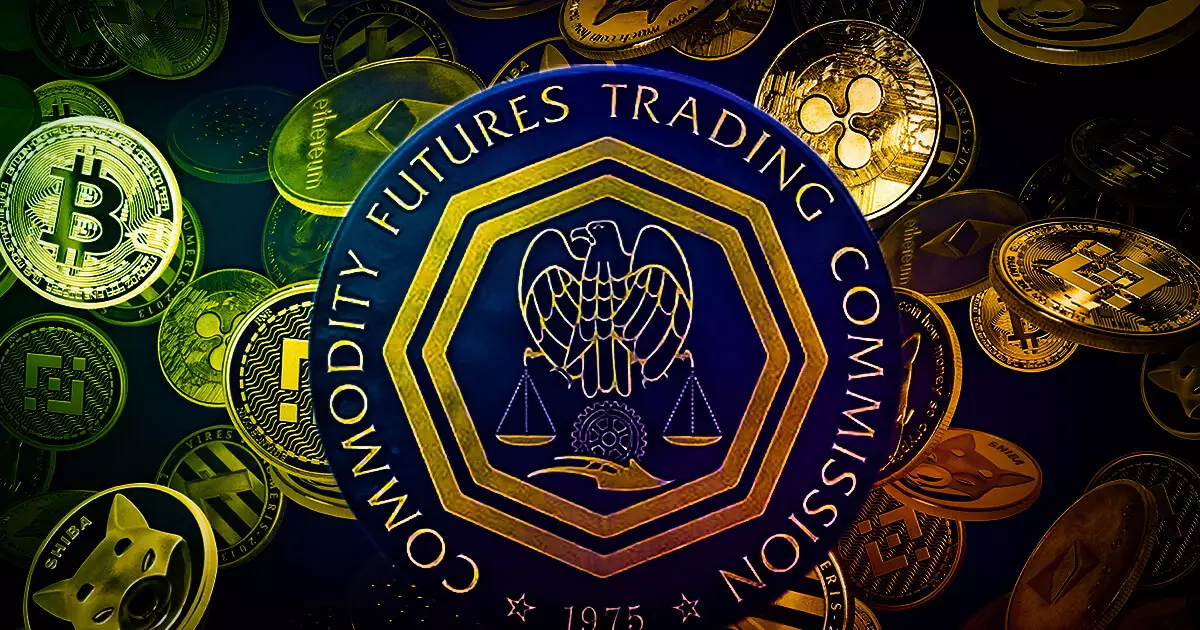In a landmark decision, the United States Court of Appeals for the District of Columbia Circuit affirmed the legality of prediction markets that facilitate betting on U.S. elections. This ruling, issued on October 2, marks a significant turning point in the ongoing legal battles involving prediction markets and regulatory bodies, particularly the Commodity Futures Trading Commission (CFTC). The court’s rejection of the CFTC’s appeal demonstrates a growing recognition of the validity of these markets, which operate in the intersection of law, finance, and democratic engagement.
The case directly involves Kalshi, a prediction market platform that allows participants to speculate on various outcomes, including the outcomes of U.S. elections. The CFTC had previously moved to halt Kalshi’s operations concerning election-related contracts, arguing that such activities could lead to public harm. However, the appellate court concluded that the regulatory body failed to present sufficient evidence to support its claims of potential irreparable injury to the public.
This ruling not only reinstates Kalshi’s ability to offer election-related contracts but also poses critical questions about the future of regulatory oversight in this space. The CFTC’s arguments were notably countered by assertions from lawmakers who urged a different approach—not outright prohibition, but regulation. This suggests a divide in political and regulatory perspectives on how to manage and oversee new forms of market participation.
The backdrop of this legal conflict includes a notable push from various lawmakers who express concerns regarding the integrity of elections. A letter signed by several prominent politicians, such as Senators Elizabeth Warren and Chris Van Hollen, argued for stricter enforcement against betting markets involving elections, stating that the commodification of electoral outcomes undermines public trust. They contend that these markets transform what should be a civic engagement into a financial gamble, which could skew public perception and participation in the electoral process.
Conversely, not all lawmakers share this view. Congressman Richie Torres emphasized the need for regulatory measures instead of outright bans, advocating for a balanced approach that recognizes the potential for innovative markets while ensuring transparency and fairness. This evolving political dialogue illustrates the competing values of economic opportunity and electoral integrity in a rapidly changing digital landscape.
The court’s ruling not only clears a substantial hurdle for Kalshi but also paves the way for other prediction markets, especially those utilizing cryptocurrencies, like BET and Polymarket. If the CFTC decides to revise its stance in light of the ruling, it could catalyze a new wave of innovation within the domain of prediction markets.
As these platforms gain traction, they will likely facilitate greater public engagement with the political process, allowing individuals to express their opinions on election outcomes in an alternative format. However, this growth must be approached with caution, ensuring that adequate regulations are in place to maintain the integrity of the democratic process. As the legal and political landscapes continue to evolve, the interplay between innovation, regulation, and public trust will be crucial in defining the future of prediction markets in the U.S. elections.

